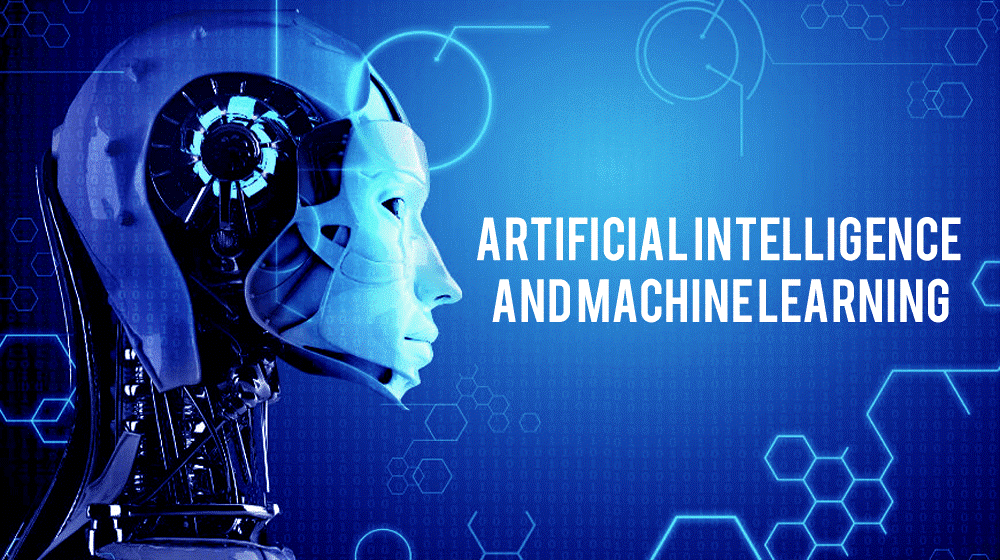In our increasingly digital world, artificial intelligence (AI) and machine learning (ML) are more than just buzzwords; they are transformative technologies that reshape industries, improve our daily lives, and expand the range of possibilities. In this blog post, we’ll dive into the fascinating world of AI and ML, break down the basics, and explore their various applications.
Learning Artificial Intelligence (AI) and Machine Learning (ML)
AI is a broader concept that includes the development of intelligent agents or systems capable of performing tasks that typically require human intelligence. These tasks can range from problem solving and decision making to natural language understanding and pattern recognition. AI aims to create machines that simulate human cognitive functions. In the field of AI, Machine Learning is a specialized approach. ML is the process of training a machine to learn from data without explicit programming. Instead, it uses algorithms to identify patterns, make predictions, and continuously improve performance based on feedback and experience.
Applications of AI and Machine Learning
Natural Language Processing (NLP):
NLP enables machines to understand human language. Virtual assistants like Siri and chatbots leverage NLP to converse with users. AI-based language translation services, sentiment analysis, and content creation are other notable applications of NLP.
Computer vision:
Computer vision focuses on teaching machines to interpret and understand visual information in the world, such as images and videos. This technology is the foundation of facial recognition, self-driving cars and image analysis in fields such as healthcare and agriculture.
Recommended system:
Think about the personalized recommendations you get on platforms like Netflix, Amazon, or Spotify. AI and ML algorithms analyze your behavior and preferences to deliver relevant content and products. Health care:
AI is revolutionizing the healthcare industry by assisting in disease diagnosis, drug discovery, and even disease prediction. ML algorithms can analyze large datasets of medical records and images to help healthcare professionals.
Finance:
AI and ML are used for fraud detection, algorithmic trading, credit risk assessment, and financial forecasting. These technologies enable more accurate decision making in a highly data-driven industry.
Autonomous system:
Autonomous cars, drones, and robots rely heavily on AI and ML to navigate and make decisions in real time. These technologies have the potential to transform the transportation and logistics industry.
Personalized marketing:
Marketers are using AI to deliver hyper-personalized content and offers. The technology can analyze user behavior, predict their interests, and optimize ad targeting.
Ethical challenges and considerations
While the potential of AI and ML is huge, they also have challenges. Data privacy, algorithmic bias, and ethical concerns are key issues. Ensuring that these technologies are used responsibly and ethically is essential to their long-term success and adoption.
The Future of AI and ML
The future of AI and ML has endless possibilities. We can expect greater advances in deep learning, reinforcement learning, and the integration of AI into more aspects of our lives. AI-based healthcare, sustainable energy management, and new advances in robotics and automation are just a glimpse of what lies ahead.
In short, AI and ML are revolutionizing the way we live, work, and interact with technology. As these technologies continue to develop, we must remain vigilant about the ethical considerations and challenges they present. By harnessing AI and ML responsibly, we can unlock their full potential and continue to shape a future full of innovation and positive change.
